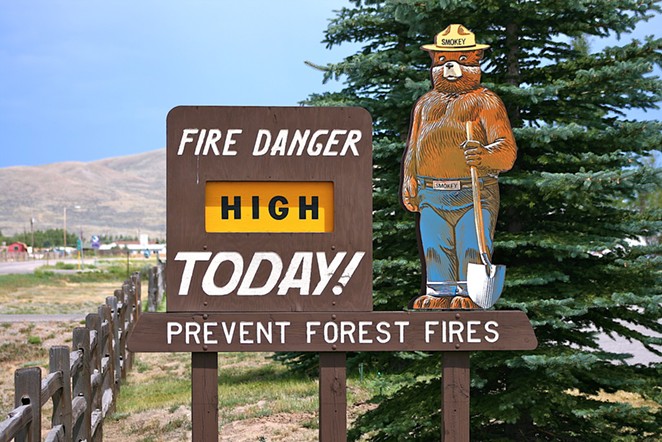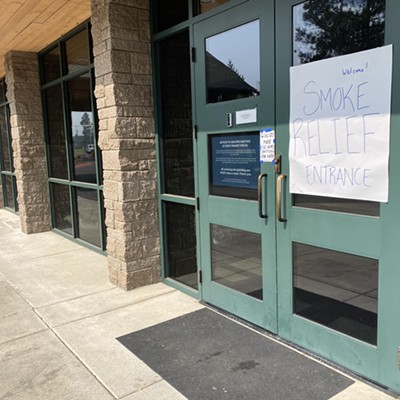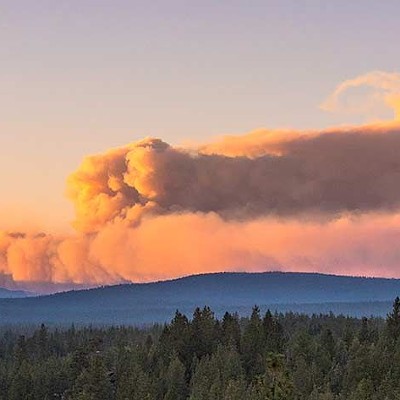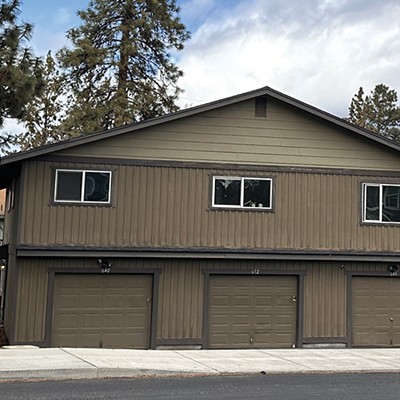The summer solstice has come and gone—and with it, the flareup of the first wildfires of the season for Central Oregon. If you were in the area for last year's smoky showing, then you're acutely aware of the impact a significant fire season like that can have on a region's economy, and on the well-being of the people who live there.
Officials say the three fires burning in the region right now were caused by lightning strikes—but that's not always the cause.
Since last year's wildfire season, legislators in Washington, D.C., have been working to ensure that one critical component of fire management—managing the forests to cut down on their susceptibility to fires—has the funding it needs. Among other efforts, this month, Senators Ron Wyden and Jeff Merkley announced that the 2018 Farm Bill would double the size of the Collaborative Forest Landscape Restoration Program and extend it through 2023, helping to improve forest health and support rural communities. That bill—the same one that also included controversial changes to the Supplemental Nutrition Assistance Program—had already passed through the U.S. House at the time of this writing.
And yet, even with legislative progress, it's hard to ignore that so much of the fire problem is already a result of human activity. As Heather Hansen, the author who embedded herself with a wildland fire crew, featured in our Book Talk section this month—so aptly pointed out, the vast majority of fires are human-caused.
According to research from the University of Colorado, humans caused 1.2 million of the 1.5 million wildfires analyzed in the U.S. Forest Service's Fire Program Analysis-Fire Occurrence Database between 1992 and 2012. How many of those were caused by rogue fires in the wilderness—or from a fire pit that got neglected in the midst of a party? Or by a cigarette or marijuana joint? And while many would decry a lack of proper management on our public lands (often a preamble to an argument in favor of selling them off instead) some private property owners do little to thin or maintain their own properties to protect them from fire. Those, like the lands owned by the federal government—should be managed for fire suppression, for the good of us all.
As the Fourth of July holiday ramps up and fire bans begin to pop up at campgrounds and public spaces, let us not forget our own responsibility in ensuring the types of fires we saw last year don't plague us once again.

























